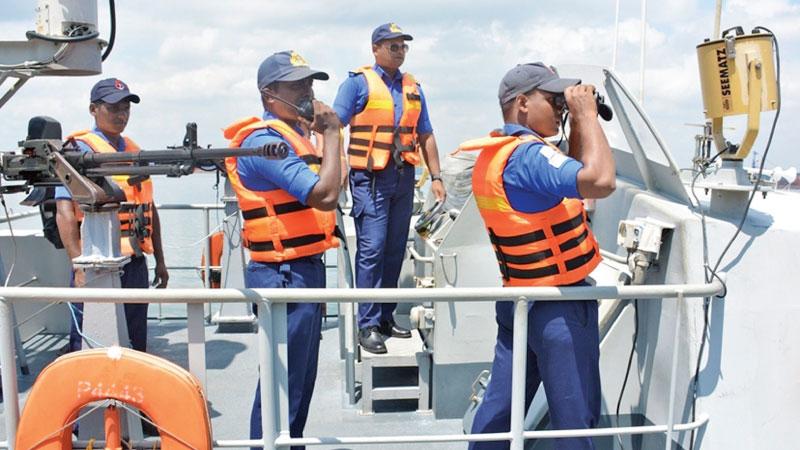
All young folk have an active life, especially those in the city. Weekend activities such as enjoying a movie, chilling out and eating or going to the beach, have all come to a temporary standstill, amidst the concern of parents. Thousands of young Sri Lankans just can’t understand how a few young adults were capable of causing so much violence…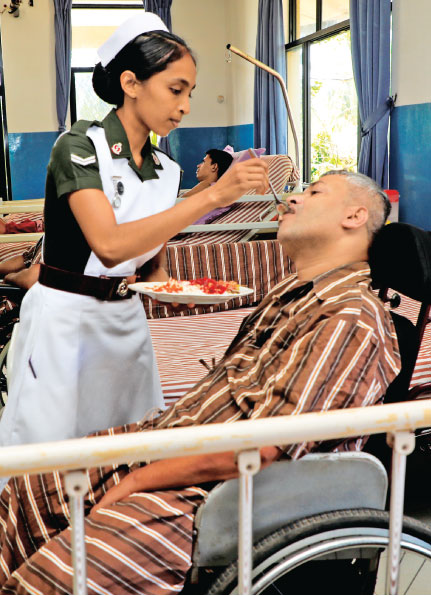
Since the calculated and brutal attacks of Black Sunday, the lives of all Sri Lankan youth have been impacted with negative vibes. There is much concern for safety and security. All young folk have an active life, especially those in the city. Weekend activities such as enjoying a movie, chilling out and eatingout or going to the beach have all come to a temporary standstill, amidst the concerns of parents.
Thousands of young Sri Lankans just can’t understand how a few young adults were capable of causing so much violence, leading to death. On the other hand hundreds of gallant men and women from the armed forces and police have once again risen to the call of duty- to protect our motherland and her citizens.
This weekend as we commemorate the anniversary of the culmination of the war, there are some points we must remember- as responsible youth and young adults. Why do young people become disgruntled? Why do they prefer to embrace a path of extremism and death? What is the lure of extremist radicalisation? How do we change this intolerant mindset that is laced with hatred? What is the root of racism? Is religion a platform to generate violence? What is the impact of social media on young minds? How do we sustain a strong Sri Lankan identity that supersedes religion and race? What is the level of allegiance from this young generation towards the motherland, in her faltering march to prosperity?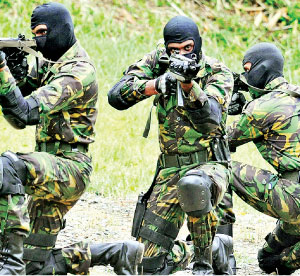
Whilst we live in a multi cultural and multi religious nation, there are some common issues faced by many youth. If these issues are not immediately harnessed then we will only see further resentment and youth uprisings. Some of these common issues are lack of proper education with access both the English language and computer studies, lack of decent job opportunities and a good income (which is why many young folk would risk it all to get a foreign visa), discrimination based on Tamil and Sinhala language (which is why the link language of English is important especially in Government employment), discrimination based on cast and traditional clan identity systems, unfair cut off marks to universities which deprive certain youth from following the degree of their choice. In addition to this we have seen injustice when it comes to selection of sports teams. I know of talented Tamil youth who were not selected to sports teams in spite of their proven prowess during the period of the 1990s and later from 2005 to 2009.
During the years of conflict from 1983 to 2009 there were many Tamil youth who left our shores, their hearts filled with a sense of rejection that would over the years lead to a silent hatred. Likewise Sinhalese youth from the South were kept as reserves in the team while priority was given to those from Kandy. We cannot forget the Burgher youth who migrated to Australia and and elsewhere as they too were victims of language issues, especially when it came to government jobs.
Another segment of forgotten young people are those with physical disabilities. In the months ahead, will innocent Muslim youth be marginalised in the same way? Another burning issue is how political influence is used to secure government jobs, depriving qualified young folk, of that desired post.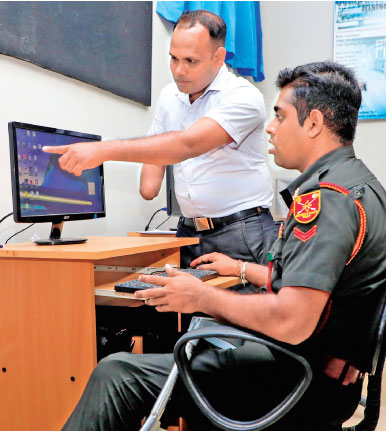
Every young man and woman has to make choices. How do we as a multi cultural and multi religious nation empower the minds of our youth? Proclaiming that our national flag is for all communities is not good enough. We must put our words into meaningful action. We must remember that the world is watching us. As you read this sipping your Sunday morning coffee or green tea pause to think how many young lives were lost in the three decades of war, later in the ravaging Tsunami and now from the Black Sunday attacks? They had have their individual ethnic identity- as Tamils, Burghers, Sinhalese and Muslims, but collectively they were all Sri Lankans.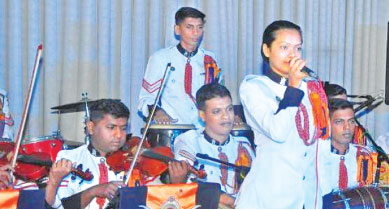
Today as we reminisce about the victory of war, we should not forget the following Sri Lankans- the men and women of the military and police who died in action, the soldiers who are permanently disabled, the families of these war veterans who will continue to mourn, the other young people who were abducted or remain missing from every community, the hundreds of war widows (both Sinhalese and Tamil), the innocent youth in the Northern province who have injuries from the war and who live with shrapnel in their bodies. How do these young Sri Lankans face their future? How do we help them move forward?
On my visit to the Army rehabilitation school, I was moved to find an IT instructor who had one hand amputated below the elbow. He was teaching other soldiers who looked to him with respect. The war brought darkness to us all and to some literally, as there are many vision impaired soldiers. As Buddhists all over the world are inspired by Vesak this weekend, how do we illuminate the path of consistent peace?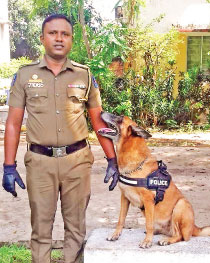
Since Black Sunday we have once again come to witness the ghostly reminders of war- security check points, vehicle searches and curfews. In this backdrop there are thousands of young men and women in the tourism industry who contemplate their futurewith apprehension, although it is said the tourism industry is resilient and will bounce back. If we truly want to honour the sacrifice and altruism of our armed forces and police, then we must stand united and safeguard peace. We must wipe out violent extremism and jihadist ideology. Never again should our youth be vulnerable to any form of violent extremism. Taking up arms and engaging in induced acts of terror cripples the nation, impacting all communities. Many races one Sri Lanka, many religions one Sri Lanka. This is our watch. Let’s defend our liberty.
